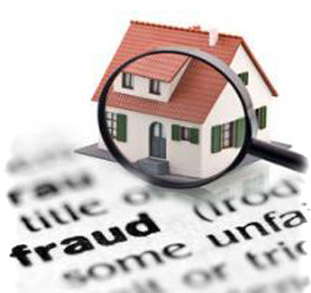How To Avoid Being Victim Of A Housing Scam
The unthinkable can happen when you go online to search for homes for rent. You find a desirable property at a great price and you contact the person advertising the home sending them your personal information and maybe even a deposit or advance rent money. Then you find out the house isn't actually for rent or that the person you are dealing with is not the owner or owner’s agent and they are not authorized to advertise or rent the property. It’s a housing scam and it is happening more and more frequently each day.
These scam artists pose as the owner or owner’s agent. They take real estate listings of homes from legitimate websites and use them to place ads on Craigslist and other similar buy-sell-trade websites. They often lure prospective renters in by offering the home for rent far below market value making the advertisement seem like a great deal. When a prospective tenant contacts the person advertising the property to inquire or secure the property for themselves, the scammer will email a renters' application to full out. The application often requests personal information such as social security number, date of birth, bank account information, etc. In many cases the person conducting the scam will request a deposit or advance rent be sent to them in the form of certified funds such as cashier’s check or money order making the money untraceable and unrecoverable.
You should never give your personal information or money to anyone prior to viewing the property AND speaking with the owner or owner’s agent directly. Here at Sundance Rental Management we do not require any personal or financial information for the application process until after a prospective renter has personally viewed the property.
This illegal act of housing scams victimizes home owners or owner’s agents as well. The owner or property management company are often unaware that the home is being advertised on unauthorized websites until the individual being scammed contacts them requesting access to the property.
Tenants can protect themselves from being a victim of housing scams by keeping the following items in mind as red flags when you are searching for a rental property:
- Requests for money to be sent (especially by cashier’s check, money order, or other forms of certified funds that can be untraceable).
- Requests for personal and/or financial information.
- Typos, grammatical errors and improper wording or context during discussion.
Owners can protect themselves from being a victim of housing scams by hiring a property management company that is committed to combating these types of scams and can properly handle and eradicate the situation, should it arise.
Amber Scheel | Marketing Director


